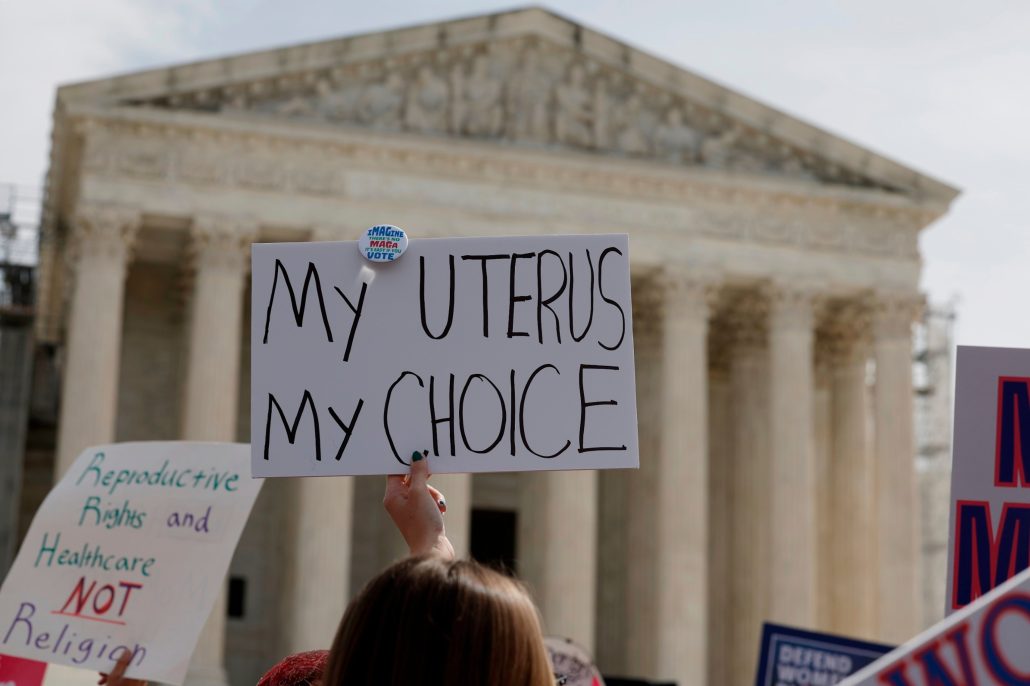
Global health and rights advocates have made a strong call for governments to recognize safe and legal abortion as a fundamental human right, stressing that denying access puts millions of lives at risk and undermines gender equality.
The demand was at the center of a high-level dialogue organized by SHE & Rights Initiative to mark its first anniversary. Themed “Abortion Rights Are Human Rights,” the session was strategically timed ahead of the 80th United Nations General Assembly, World Contraception Day, and International Safe Abortion Day.
Co-hosted by partners including the Global Center for Health Diplomacy and Inclusion (CeHDI), International Planned Parenthood Federation (IPPF), and Asia Safe Abortion Partnership (ASAP), the event brought together prominent voices from across continents to push for urgent reforms to protect reproductive freedom.
United Nations Special Rapporteur on the Right to Health, Dr. Tlaleng Mofokeng
set the tone, declaring that abortion cannot be separated from essential healthcare.
“Abortion is health care. Access to abortion is a human rights issue—full stop. Safe abortions save lives and are central to reproductive autonomy and bodily integrity,” she said.
Mofokeng warned that discriminatory laws not only violate international rights but worsen maternal health outcomes and perpetuate inequality.
Senior Advocacy Manager at CeHDI, Kelcey Armstrong-Walenczak emphasized that the right to health is binding under international law, making it compulsory for governments to eliminate barriers and discrimination.
“Safe abortion care sits squarely within this framework. Without it, the right to health cannot be fully realized,” she stated, warning that the growing wave of anti-rights rhetoric threatens progress, deepens inequalities, and costs lives.
IPPF’s Regional Director for East, South-East Asia, and Oceania, Tomoko Fukuda called for unity across movements:
“The more we hold hands, the louder our voice, the bigger the mark we will make.”
From Africa, Nelly Munyasia, Executive Director of Reproductive Health Network Kenya, pointed to the Maputo Protocol, which recognizes safe abortion as a right, but lamented that stigma and restrictive laws in countries like Kenya continue to deny women access.
She highlighted the power of self-care innovations such as self-administered contraceptives and safe abortion pills, which she described as “game-changers” for women’s autonomy and dignity.
In Latin America, a physician activist from Argentina, Dr. Mabel Bianco, recalled decades of women’s struggle for recognition of abortion rights:
“Not giving safe abortion rights is the State’s violation of women’s rights,” she said, noting that medical abortion has given women more control over their health and lives.
Bianco also stressed the importance of comprehensive sexuality education to reduce unsafe abortions and maternal deaths.
Co-founder of ASAP, Dr. Suchitra Dalvie drew connections between abortion and broader struggles against patriarchy and systemic inequalities.
“There is no such thing as a single-issue struggle because we do not live single-issue lives,” she said, urging recognition of abortion rights as part of the fight for justice and dignity.
She underlined that “everyone should have the right to control their body and make decisions free from coercion and violence.”
While the global debate intensifies, Nigeria’s situation underscores the urgency of the calls. Abortion in Nigeria remains largely restricted by law, permitted only to save a woman’s life. This legal constraint has pushed thousands of women and girls into unsafe abortions every year.
According to the Guttmacher Institute, an estimated 1.25 to 2 million abortions occur annually in Nigeria, most of them unsafe. Complications from these procedures are a major contributor to maternal deaths, with unsafe abortion responsible for nearly 10–13 percent of maternal mortality in the country.
Despite Nigeria being a signatory to the Maputo Protocol, which affirms access to safe abortion under certain conditions, full implementation has been slow and uneven. Stigma, restrictive laws, and lack of comprehensive sexuality education continue to deny many Nigerian women reproductive freedom.
Health advocates in Nigeria have consistently warned that without legal reform and improved access to safe abortion services, the country will struggle to reduce its high maternal mortality ratio—currently among the highest in the world.
For the founder of CNS and coordinator of SHE & Rights, Shobha Shukla, abortion is not just a health service but a justice issue.
“Abortion is essential, life-saving sexual and reproductive healthcare, a fundamental human right, and central to reproductive freedom. A coordinated backlash threatens decades of progress, and governments must be held accountable,” she declared.
Speakers agreed that abortion rights are non-negotiable—they are integral to health, gender equality, and justice. Denying them, they warned, will only fuel unsafe abortions, increase maternal deaths, and widen inequalities.
As Dr. Mofokeng concluded: “We wish for comprehensive services for everyone, everywhere.”
The session ended with a strong call to governments and global leaders: make abortion safe, legal, accessible, and affordable—because reproductive rights are human rights.